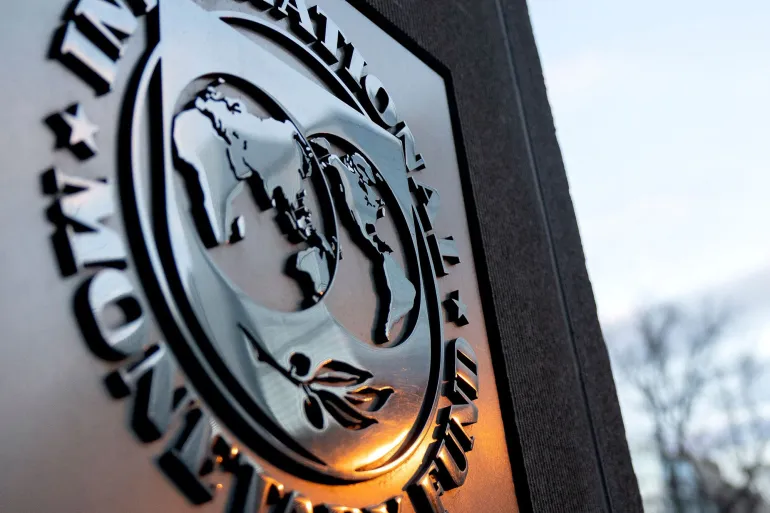The International Monetary Fund (IMF) has approved a 36-month Extended Credit Facility (ECF) arrangement for Guinea-Bissau in the amount of SDR 28.4 million (approximately US$ 38.4 million). The Executive Board’s decision will enable an immediate disbursement of SDR 2.37 million (approximately US$ 3.2 million) and the remaining amount will be phased over the duration of the program.
The ECF-supported program aims to secure debt sustainability, improve governance and reduce corruption, and create fiscal space for inclusive growth. The program will also provide a framework for the authorities to design and implement effective policies to improve education and health systems, reduce poverty, and promote inclusive growth.
Guinea-Bissau’s economic policies and reforms under the 2021-22 Staff Monitored Program helped maintain macroeconomic stability and public debt sustainability. However, real GDP growth slowed down to about 3.5% in 2022 due to lower-than-expected cashew exports and the impact of the war in Ukraine on food and fuel prices.
IMF’s Deputy Managing Director and Acting Chair, Mr. Li, said that the new ECF arrangement will support economic recovery and policies to reduce debt vulnerabilities and improve governance and transparency. The authorities are expected to make significant progress in meeting regional fiscal convergence criteria and strengthening debt management by the end of the program period.
Reforms to strengthen governance and anti-corruption frameworks will be critical to the success of the program. The authorities will also pursue economic diversification to strengthen resilience and achieve sustainable growth. Guinea-Bissau authorities’ engagement with the IMF through the ECF arrangement will catalyze support from development partners for resilient and inclusive growth.
In conclusion, the IMF’s new fund-supported program for Guinea-Bissau will provide a framework for the authorities to design and implement effective policies to improve education, health, and the economy, while also reducing poverty and promoting inclusive growth.
Image Credit: Steffani Reynolds/AFP





